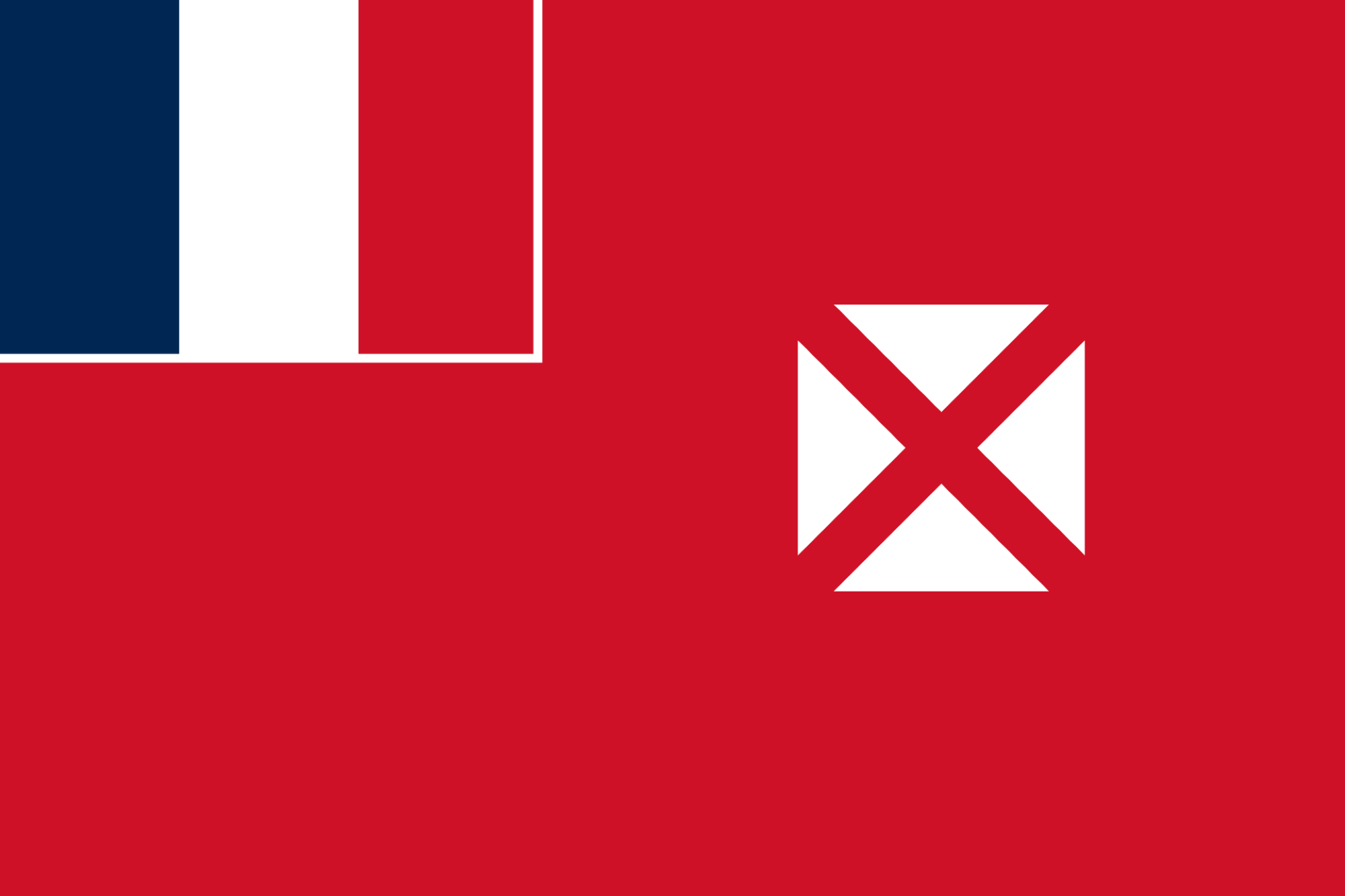
Though not a country, Wallis and Futuna (known as the Territory of the Wallis and Futuna Islands) is a small French island collectively in the South Pacific, situated between Fiji and Samoa. It consists of two main island groups: the Wallis Islands (Uvea) at the north, and the Futuna Islands (Futuna and Alofi) at the south. These islands are of volcanic origin and surrounded by coral reefs, and the territory is known for its strong Polynesian culture, traditional kingdoms, and close ties to France (administratively and politically). The territory's capital, Mata-Utu, is located on Uvea. It is a small and quiet city with colonial-style buildings and the Cathedral of Our Lady of the Assumption as a key landmark. The city serves as the administrative and economic centre, and it also acts as the seat of the traditional King of Uvea, one of the three customary kingdoms in the territory.
Tropical cyclones, floods, landslides, earthquakes, tsunamis, and potential volcanic activity.
No exact fine amounts are documented, but since Wallis and Futuna is a French overseas collectively, the territory may follow French traffic laws, yet fines may be lower or handled differently due to the local economy and court system. Other penalties to keep in mind for some traffic violations include:
The official language of Wallis and Futuna is French, but Wallisian and Futunan are also spoken.
Vehicles drive on the right in Wallis and Futuna. The minimum age to drive is 18, but it's generally 21 to rent, where some rental companies may impose additional fees to drivers under 25, and rental companies can be limited; mainly local operators. UK drivers are required to have an International Driving Permit (IDP) in Wallis and Futuna.
Many roads, especially outside main towns, are paved in Wallis, but in Futuna, many roads are rough and unpaved, where some are dirt roads. Many roads are not well lit, which makes driving at night risky (especially with animals roaming free and many speed bumps on roads). And since there's no (or very limited) public transport or taxi services, renting a car is technically the only option for getting around Wallis and Futuna.
There are many petrol stations on Wallis, but not many on Futuna (about three). Petrol (octane 95) and diesel are available, but may cost higher compared to many continental places, due to import logistics.
As a French territory, Wallis and Futuna likely follows general French traffic laws, where:
These limits may apply unless stated otherwise.
The BAC limit is 0.05% (0.02% for novice drivers).
Seat belts are compulsory for all occupants.
Children under 12 or under 135cm tall must use use an appropriate child car seat or booster, and must must be in the back seat.
Check out more of our Country Guides: